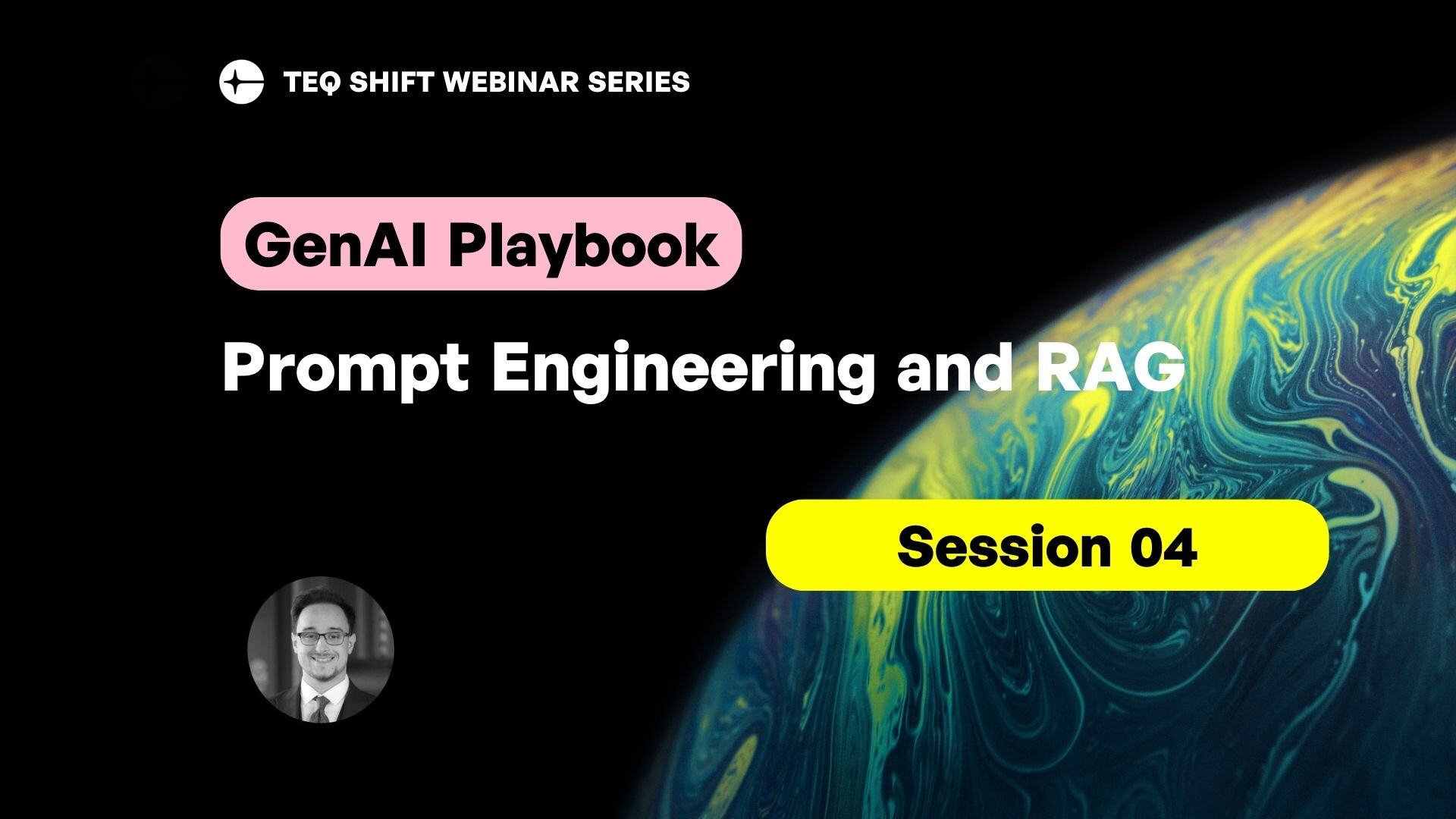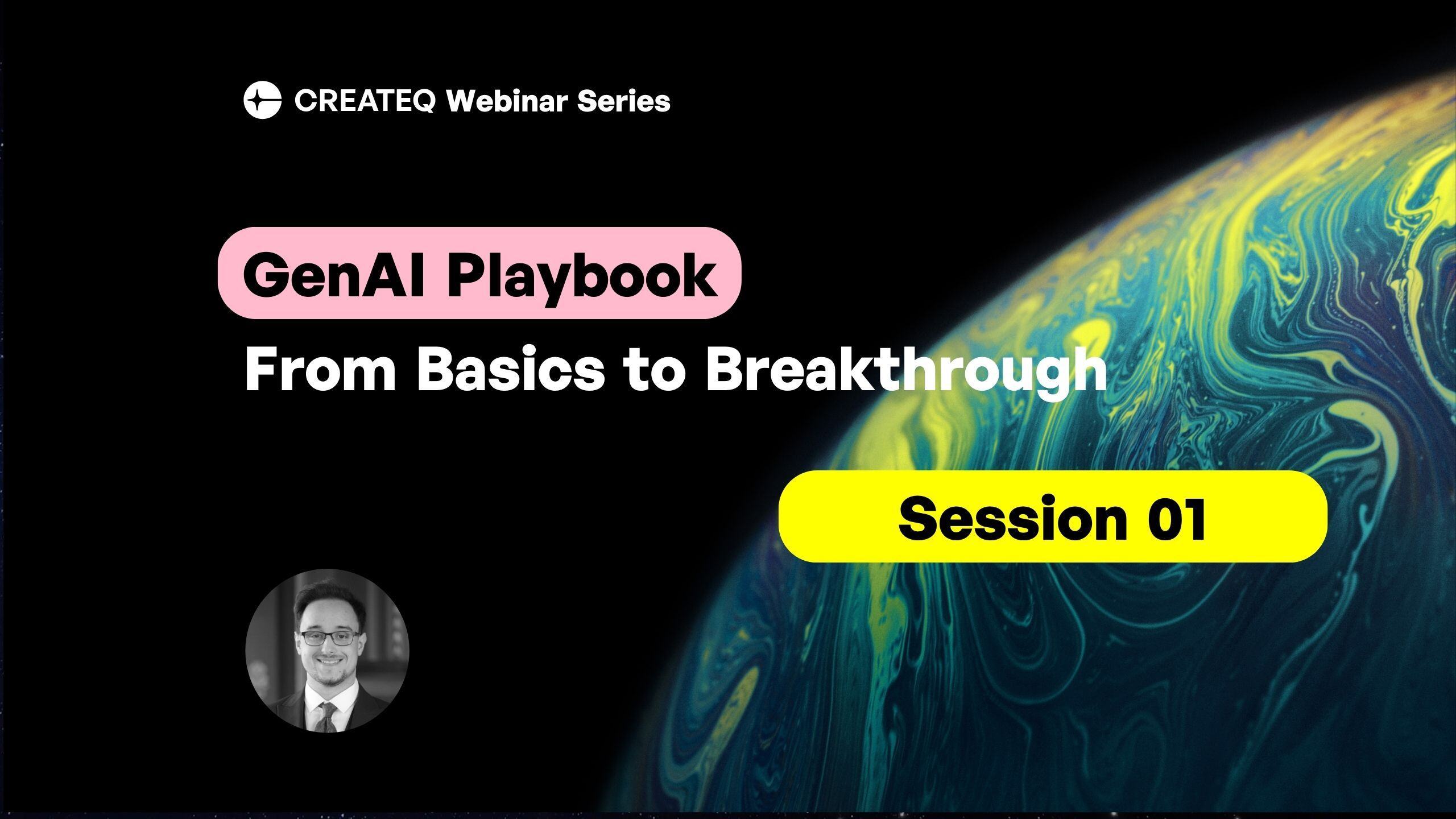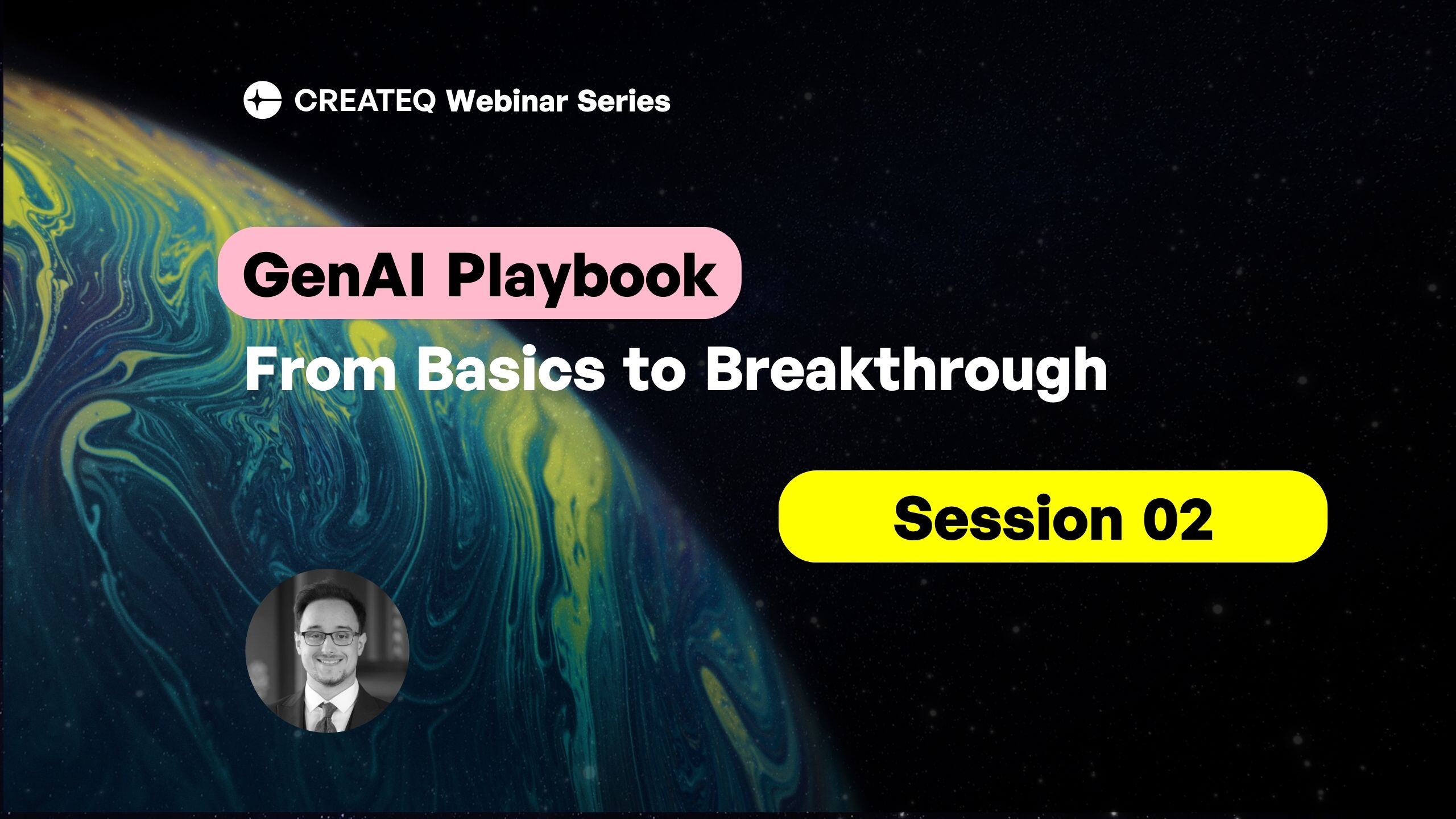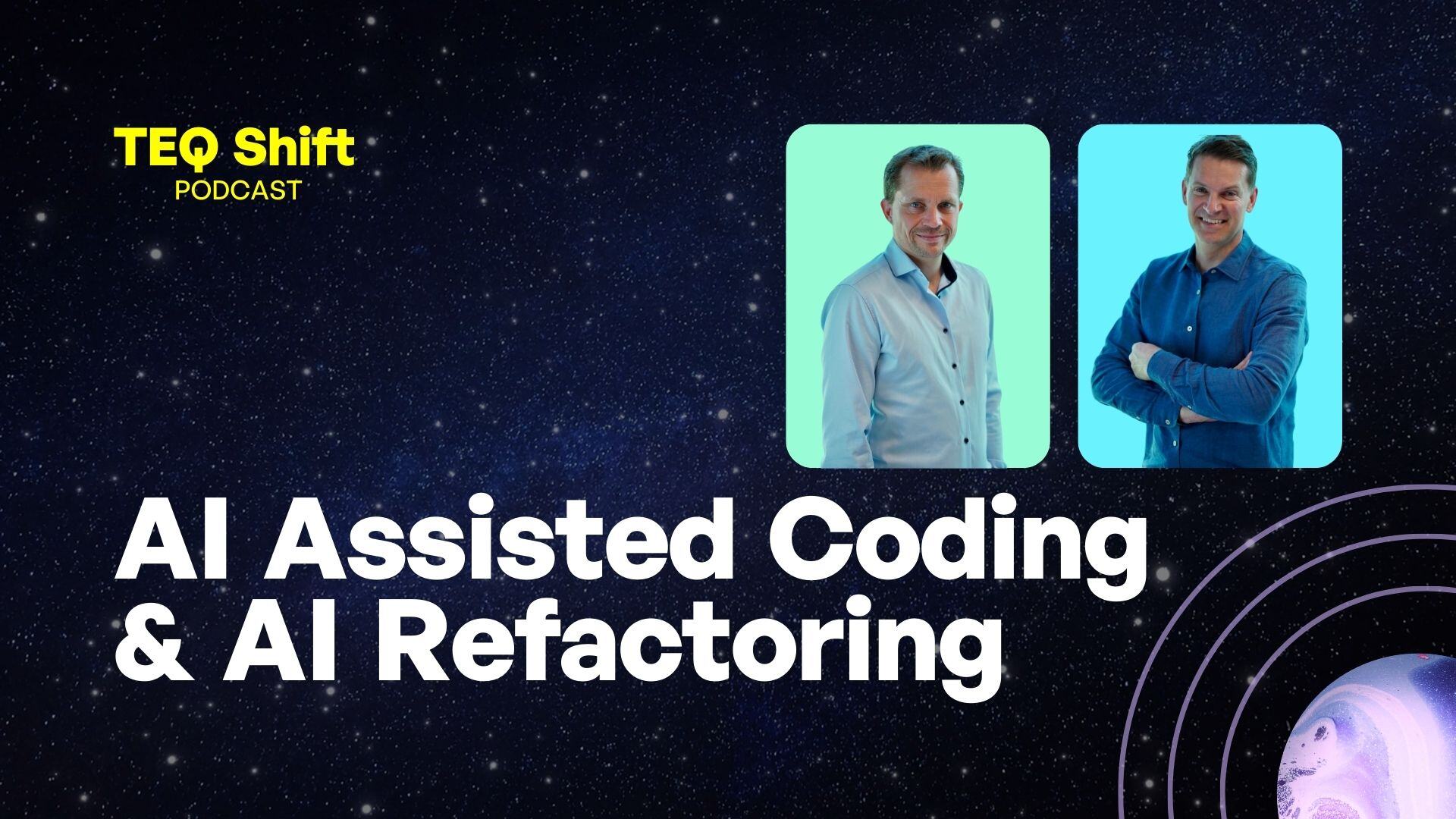Following our exploration into Large Language Models (LLMs), we're back with a deep dive into advanced practical techniques, reinforcing your strategic AI journey with real-world insights. In our latest session at CREATEQ, we've tackled Prompt Engineering, Retrieval-Augmented Generation (RAG), and demonstrated state-of-the-art AI integrations.
Prompt Engineering: Communicating Clearly with AI
Ever asked your AI a question and got a response that left you scratching your head? Welcome to the art of prompt engineering, the magic behind clear, precise, and effective AI interactions. Here’s how we mastered
-
Zero-shot Prompting: Simply ask—no context required. Modern models perform well, but additional details always improve outcomes.
-
One-shot & Few-shot Prompting: Providing one or multiple examples significantly improves model performance, especially useful when training data is scarce.
-
Chain-of-Thought Prompting: Break down complex queries into step-by-step instructions, ideal for mathematical or logical reasoning tasks.
-
Self-consistency: Provide multiple reasoning paths and select the best responses, similar to averaging multiple scientific experiments.
Effective prompting involves clear instructions, analogies, and carefully structured prompts to reduce misunderstandings and hallucinations. Good prompt engineering saves significant effort and cost by maximising AI efficiency and accuracy from the outset.
Retrieval-Augmented Generation (RAG): Amplifying AI Reliability
Keeping AI responses accurate, context-rich, and well-cited is sometimes a real challenge... Enter Retrieval-Augmented Generation (or RAG for short). It enhances AI accuracy by integrating external, targeted information sources with the inherent knowledge of LLMs.
By converting external documents into numerical embeddings stored in specialised vector databases, RAG efficiently retrieves contextually relevant information, greatly improving the precision, credibility, and relevance of responses.
This approach is particularly valuable for dynamic, niche, or regulated domains where accuracy and transparency are critical.
Check out the full video because we demonstrated practical RAG integration, showcasing how vector stores like ChromaDB empower AI to answer complex, specialised queries with precision.
State-of-the-Art AI Tools: OpenAI's New Responses API
OpenAI, famous for pioneering advanced AI research and ChatGPT, recently enhanced its capabilities with the new Responses API, transforming AI interactions:
-
Stateful interactions: AI now preserves context without manual concatenation of conversation history.
-
Built-in Tools: Capabilities include function calls (allowing AI to execute custom code), web search for real-time information, and integrated file searches via vector stores.
OpenAI reasoning models are designed for complex problem-solving. Trained to think step-by-step, reasoning models excel in ambiguous tasks, coding reviews, scientific reasoning, and visual interpretations. And while slightly more costly, these models improve performance in nuanced scenarios, complementing traditional GPT models, which remain more cost-effective for straightforward tasks.
The Road Ahead
With each session, we dig deeper into practical, cutting-edge AI applications designed to empower your strategy and technical teams.
Stay tuned for upcoming deep dives into fine-tuning models, performance optimisation, and integrating AI seamlessly into your tech stack.




